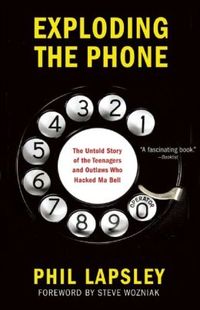(p. 78) For the past 30 years the conventional wisdom has been that once a person achieves a minimal standard of living, more money does not bring more happiness. If you live below a certain income threshold, increased money makes a difference, but after that, it doesn’t buy happiness. That was the conclusion of a now-classic study by Richard Easterlin in 1974. However, recent research from the Wharton School at the University of Pennsylvania shows that worldwide, affluence brings increased satisfaction. Higher income earners are happier. Citizens in higher-earning countries tend to be more satisfied on average.
My interpretation of this newest research–which also matches our intuitive impressions–is that what money brings is increased choices, rather than merely increased stuff (although more stuff comes with the territory). We don’t find happiness in more gadgets and experiences. We do find happiness in having some control of our time and work, a chance for real leisure, in the escape from the uncertainties of war, poverty, and corruption, and in a chance to pursue individual freedoms–all of which come with increased affluence.
I’ve been to many places in the world, the poorest and the richest spots, the oldest and the newest cities, the fastest and the slowest cultures, and it is my observation that when given a chance, people who walk will buy a bicycle, people who ride a bike will get a scooter, people riding a scooter will upgrade to a car, and those with a car dream of a plane. Farmers everywhere trade their ox plows for tractors, their gourd bowls for tin ones, their sandals for shoes. Always. Insignificantly few ever go back. The exceptions such as the well-known Amish are not so exceptional when examined closely, for even their communities adopt selected technology without retreat.
Source:
Kelly, Kevin. What Technology Wants. New York: Viking Adult, 2010.
(Note: italics in original.)



